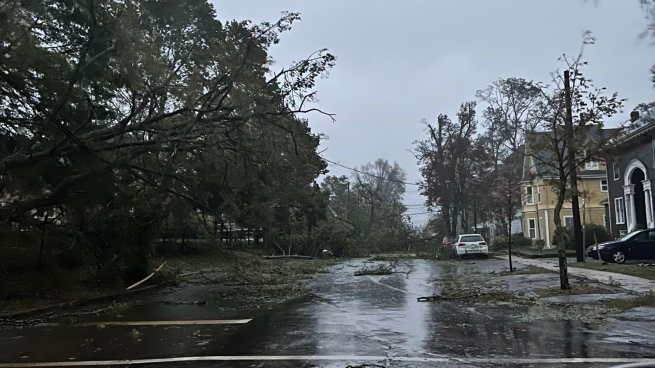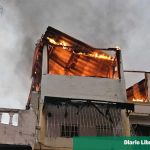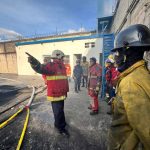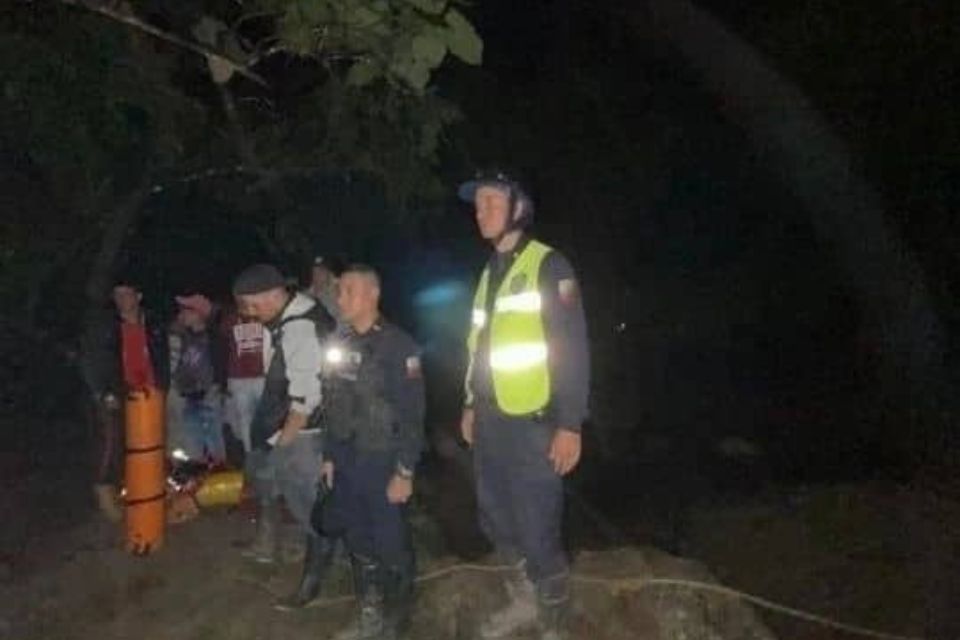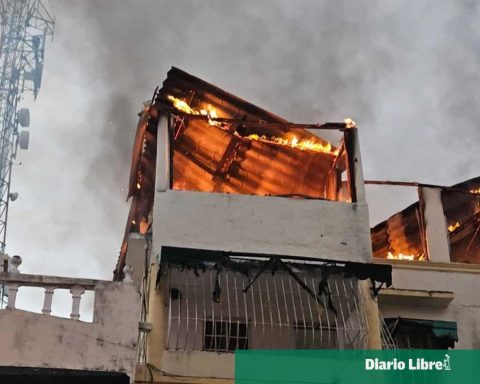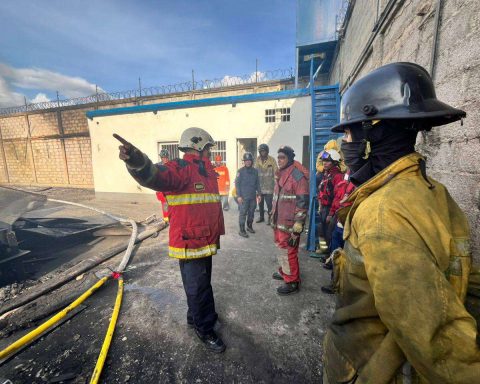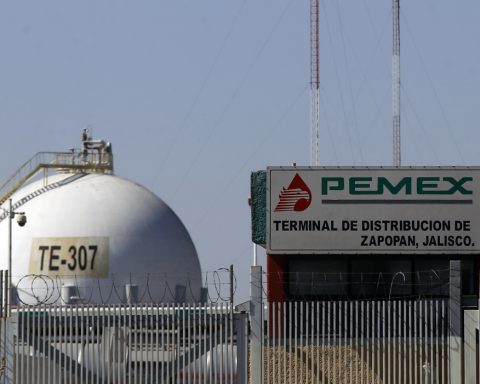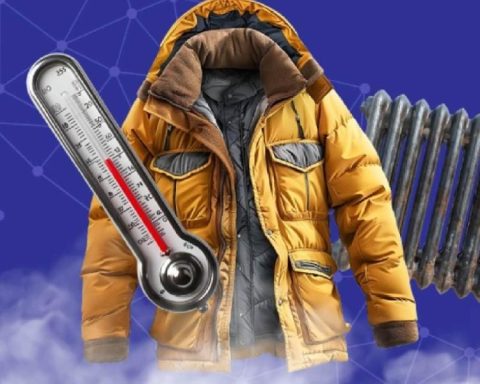The powerful storm Fiona hit the Atlantic coast of Canada, leaving more than 500,000 homes without electricity and causing strong winds and rains, after hitting Bermuda and several Caribbean territories as a hurricane in recent days.
“Fiona came and left her mark on Nova Scotia and the neighboring provinces,” said the region’s chief minister, Tim Houston, with trees uprooted, homes flattened and power lines damaged.
Although downgraded to a storm, Fiona sustained winds of 120 kilometers per hour and was moving at a speed of 37 kilometers per hour to the northeast after making landfall as a category 1 hurricane in the early hours of the morning after hitting the Caribbean, meteorologists reported. .
Nova Scotia Power, which supplies the province of Nova Scotia, where Fiona hit, reported more than 400,000 customers without power in the early local afternoon.
In the other two hardest-hit provinces, Prince Edward Island and New Brunswick, operators said there were 82,000 and 44,000 homes without power, respectively.
A 12 hour doppler radar animation of #Fiona as it made landfall overnight. Preliminary reports from Sydney airport with a gust to 140 km/hr, with other reports over 150 km/hr. #nsstorm pic.twitter.com/qpaXjikV2S
— ECCC Weather Nova Scotia (@ECCCWeatherNS) September 24, 2022
In its last bulletin at 11:45 GMT (8:45 in Argentina), the Canadian Hurricane Center (CHC) reported winds of more than 130 km / h in Nova Scotia, and noted that Fiona was moving at a speed of 55 km / h towards the north-northeast, according to the AFP news agency.
Violent wind gusts are expected to persist into the evening, said meteorologist Bob Robichaud, who noted, however, that “conditions should gradually improve over the next three to six hours.”
“Large waves have reached the east coast of Nova Scotia and southwestern Newfoundland; they could exceed 12 meters,” he said.
For its part, the US NHC indicated that the hurricane was over the Gulf of Saint Lawrence.
“We’ve never seen weather conditions like this,” Charlottetown police on Prince Edward Island said on Twitter.
Two women were swept away in Channel-Port aux Basques, in the province of Newfoundland, according to a police spokeswoman. One of the two victims, dragged after the collapse of her house, was rescued and hospitalized, the other remains missing.
“It’s unbelievable, there is no electricity, there is no Wi-Fi, there is no network. A lot of trees have fallen, there is a lot of flooding on the roads,” confirmed the city’s mayor, Philip Brown, to the public channel Radio-Canada.
Conditions are like nothing we’ve ever seen. We are logging reports of downed trees and wires but will only be responding to emergency calls. -Dispatcher Kelly ☎️ pic.twitter.com/gX7YPTPDSN
— Charlottetown Police (@ChtownPolice) September 24, 2022
Nova Scotia authorities issued an emergency alert announcing possible power outages and advising residents to stay home with food for at least 72 hours.
Canadian Prime Minister Justin Trudeau said the storm could “have a significant impact throughout the entire region” and called for “appropriate precautions to be taken.”
In Halifax, the capital of Nova Scotia, businesses ran out of propane refills as local residents scrambled to stock up.
I’m thinking of everyone affected by Hurricane Fiona – I want you to know that we’re here for you. I agreed to an Incident Response Group meeting with Minister @BillBlair and officials this morning. Our government stands ready to support the provinces with additional resources.
—Justin Trudeau (@JustinTrudeau) September 24, 2022
Fiona passed Friday, with a category 4 on the Saffir-Simpson scale of 5, about 160 km from Bermuda, after having sowed destruction in the Caribbean.
The hurricane hit this British territory of some 64,000 inhabitants located in the middle of the Atlantic Ocean with gusts of 160 km/h and heavy rains, but without any reports of victims or significant damage.
According to electricity provider Belco, 15,000 of Bermuda’s 36,000 homes were without power Friday afternoon, but power was quickly restored in many areas.
The territory, located 1,000 km from the United States and accustomed to hurricanes, is one of the most isolated places in the world, which makes any evacuation in an emergency almost impossible.
Fiona caused the deaths of four people in Puerto Rico in the Caribbean, according to an official quoted by the media, and one death was also reported in Guadeloupe, a French overseas department, and two in the Dominican Republic.
